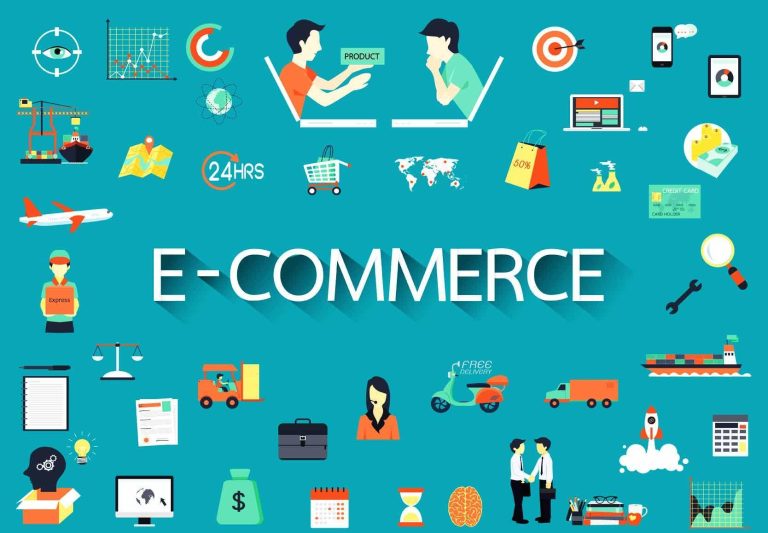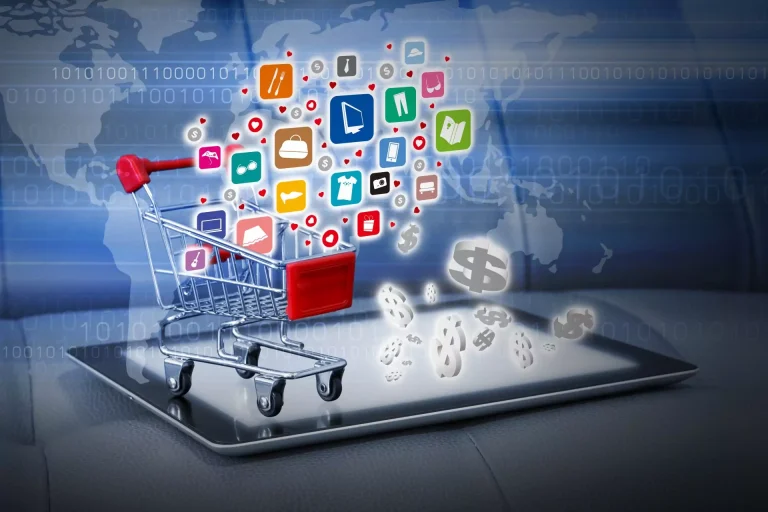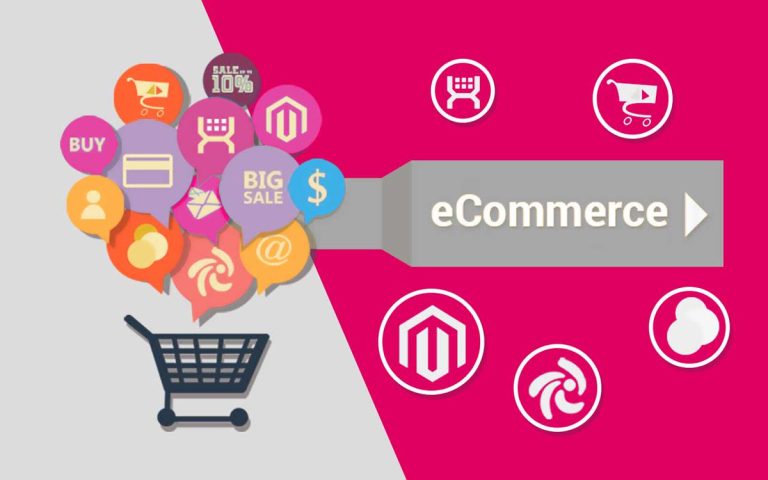E-Commerce Innovations: Navigating the Future of Digital Retail Experiences

The realm of e-commerce is undergoing a revolution of innovation, redefining the way consumers shop and businesses engage with their audience. This article embarks on a journey through the landscape of e-commerce innovations, exploring the cutting-edge technologies, strategies, and trends that are shaping the future of digital retail experiences.
Immersive Shopping with Augmented Reality (AR) and Virtual Reality (VR)
Augmented Reality (AR) and Virtual Reality (VR) are transforming e-commerce into a truly immersive experience. AR allows consumers to visualize products in their own environments, from trying on virtual clothing to placing furniture in their living rooms. VR takes immersion a step further, creating virtual storefronts and shopping environments.
These technologies bridge the gap between physical and online shopping, enhancing customer engagement, reducing uncertainty, and providing a more interactive and realistic shopping experience.
Voice Commerce and Conversational Commerce
Voice assistants like Amazon’s Alexa, Google Assistant, and Apple’s Siri are introducing voice commerce, where consumers can place orders and make purchases through voice commands. This technology simplifies the purchasing process, allowing users to shop hands-free.
Conversational commerce extends to chatbots that engage customers in real-time conversations. These virtual assistants offer product recommendations, answer queries, and guide users through the shopping journey. This personalization enhances customer satisfaction and streamlines the shopping process.
Personalization through Artificial Intelligence (AI)
Artificial Intelligence is reshaping e-commerce by offering unparalleled personalization. AI algorithms analyze user behavior, purchase history, and preferences to curate tailored product suggestions and advertisements. This level of customization enhances the shopping experience and drives conversions.
Dynamic pricing, real-time inventory management, and predictive analytics powered by AI optimize business operations, ensuring that products are available when and where customers want them.
Blockchain for Transparency and Trust
Blockchain technology is revolutionizing transparency and trust in e-commerce. By creating an unalterable record of transactions, blockchain ensures the authenticity of products and verifies the integrity of supply chains. Consumers can trace the journey of products from source to shelf, enhancing confidence in their purchases.
Blockchain’s decentralized nature also offers secure and transparent payment methods, minimizing the risks associated with online transactions and fostering a safer digital shopping environment.
Social Commerce and Influencer Marketing
Social media platforms are transforming into shopping hubs through social commerce. Users can browse, discover, and purchase products without leaving their favorite social apps. Social commerce blends e-commerce with social interactions, facilitating seamless transactions within the platforms users already frequent.
Influencer marketing plays a significant role in social commerce, as influencers provide authentic product endorsements to their followers. This strategy leverages user-generated content and builds brand loyalty through genuine recommendations.
Subscription Models and Predictive Analysis
Subscription models are gaining traction in e-commerce, offering consumers curated experiences and regular deliveries of products they love. Subscription services not only provide convenience to customers but also create predictable revenue streams for businesses.
Predictive analysis leverages historical data and consumer behavior to anticipate demand, enabling businesses to optimize inventory levels and minimize wastage. This data-driven approach ensures that products are available when customers need them, fostering customer loyalty.
Robotic Automation and Fulfillment
Robotic automation is revolutionizing order fulfillment in e-commerce warehouses. Robots handle tasks such as picking, packing, and sorting, increasing efficiency and reducing human error. Autonomous vehicles and drones are also being explored for last-mile deliveries, offering fast and efficient shipping options.
Automated warehouses ensure quick and accurate order processing, resulting in faster deliveries and higher customer satisfaction.
Sustainable Practices and Ethical Shopping
Consumers’ increasing awareness of sustainability and ethical practices is influencing e-commerce strategies. Brands are adopting eco-friendly packaging, reducing carbon footprints, and championing fair labor practices. E-commerce platforms are highlighting sustainable products and providing information about ethical sourcing.
Businesses that prioritize sustainability not only resonate with conscious consumers but also contribute to positive environmental and social impacts.
The Ongoing Journey of E-Commerce Innovation
The future of e-commerce is an exciting blend of technology and customer-centric strategies. From immersive experiences with AR and VR to the convenience of voice commerce and the trust enabled by blockchain, innovation is reshaping the way we shop, connect, and interact in the digital retail landscape.
As businesses navigate the dynamic landscape of e-commerce innovations, they have the opportunity to create memorable customer experiences, drive growth, and continually adapt to the ever-changing demands of the modern shopper.



